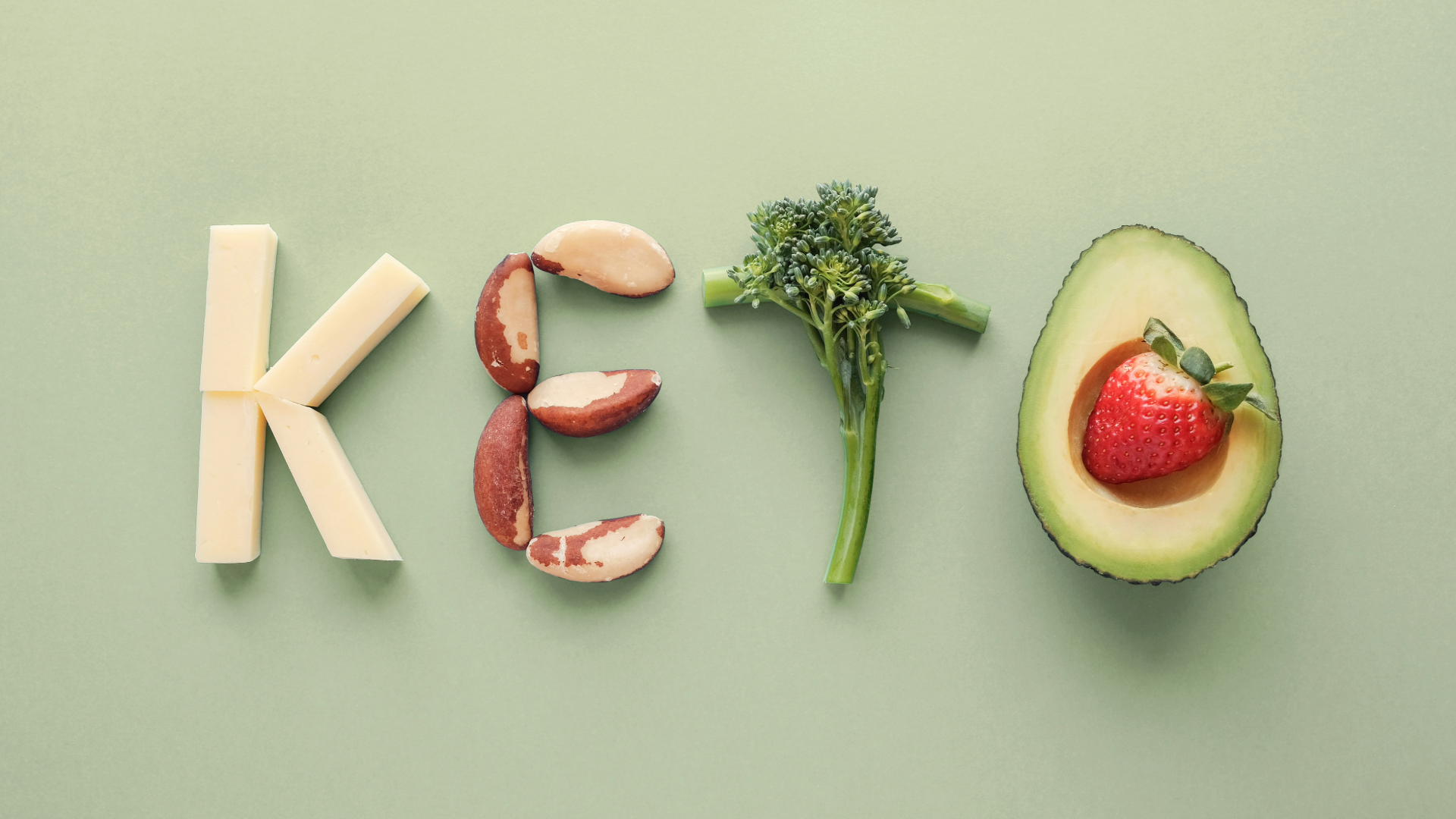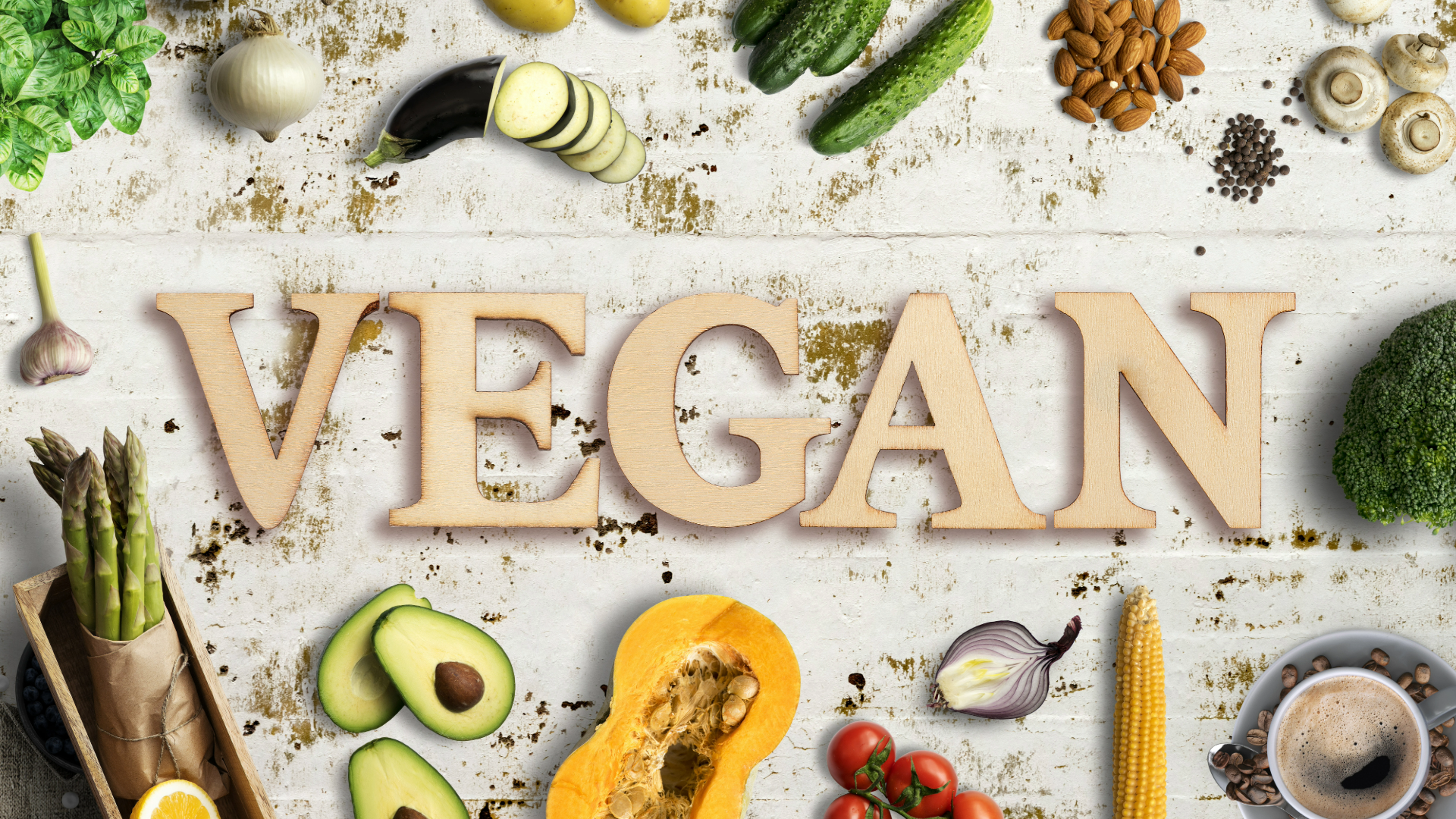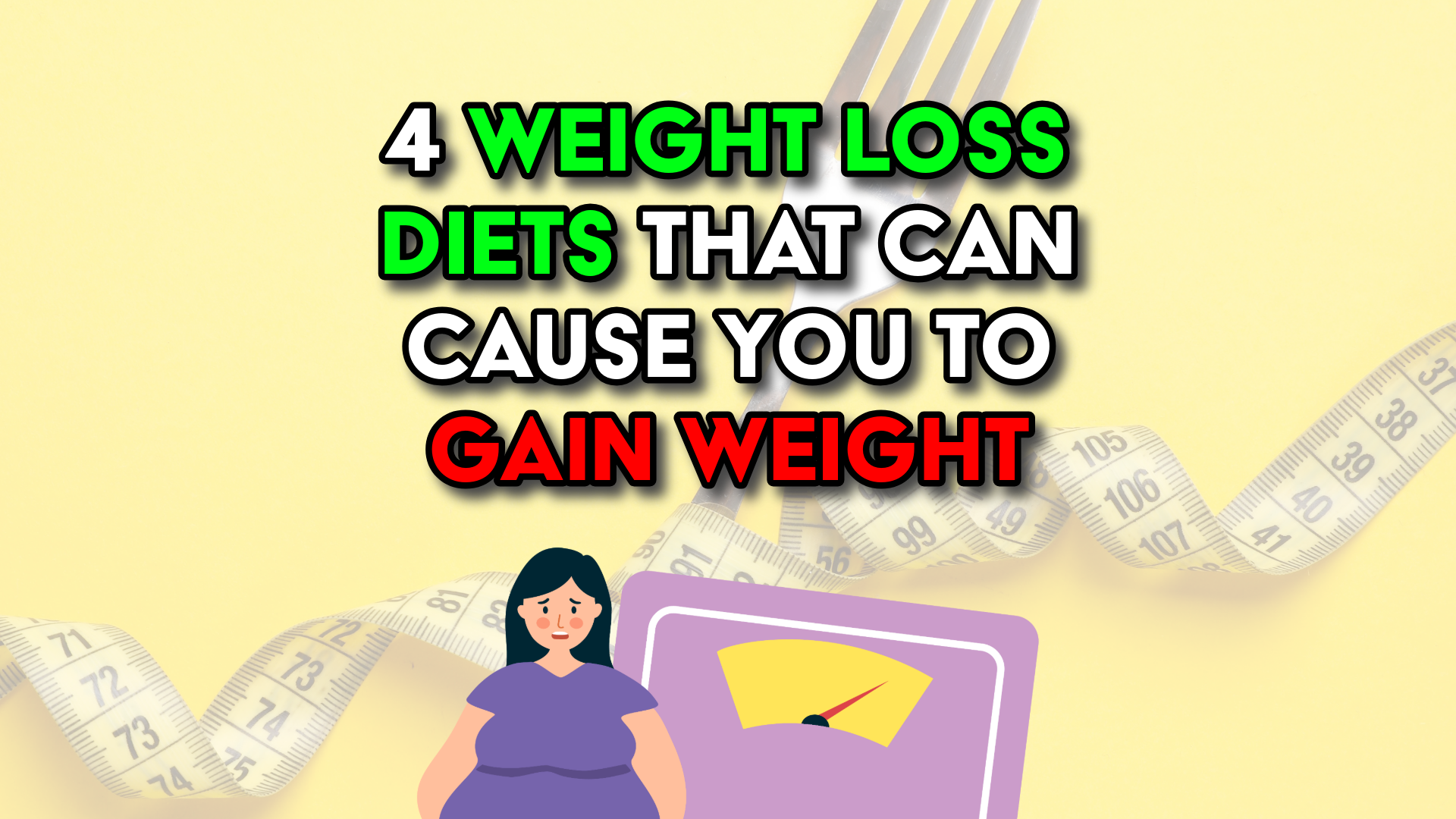As we’ve progressed through the years with more nutrition and fitness research, more scientific and unique weight loss diets have become increasingly popular – Plenty of fitness gurus have made a living out of promoting a specific diet!
While these diets have been researched vigorously to prove its effectiveness in achieving one’s weight loss goals, approaching it without care may sometimes lead to unintentional calorie overconsumption.
Since the main way to lose weight is through a caloric deficit, overconsuming calories unintentionally with any diet can prevent you from reaching your goals.
Here are 4 of the popular weight loss diets that may lead to unintentional weight gain and what you should watch out for.
1. Keto Diet

A keto diet is primarily made out of fats and protein, avoiding carbs such as rice, pasta, and bread as much as possible. The idea is to help our body transition from burning carbs (the default) to burning fats to fuel our daily activities.
While this works out if you’re tracking your calories properly, keto beginners may struggle with estimating the portion sizes of calorie-dense fats if they’re used to carbs portion sizes. This can easily lead to overeating your supposed calorie intake. Here’s how you can properly estimate your calorie consumption to avoid this mistake.
2. Juicing or Detox Diets

Everyone must’ve heard of a friend or neighbor going trying a “detox diet”. While it has its benefits of weight loss, it may not be the most sustainable and can lead to overconsumption of calories.
Looking at bottles of fruit and vegetable juice, your main food intake is water and natural sugar (Most of the fiber in the fruits and vegetables will be lost after blending it). This means it’ll be hard to stay full even when you consume these quick liquid calories. Additionally, as these drinks are high in sugar, it’ll lead to a blood sugar spike which leaves you craving for more.
Does that mean a juicing or detox diet should be avoided for weight loss? Not at all! If you’re able to stay disciplined and keep to your plan, it’ll still work out fine.
My advice? It’s good to “detox” for a couple of days maximum. Let your body reset and eat as a human needs: Whole and organic foods and get back on track with a more sustainable diet.
3. Intermittent Fasting Diet

This trend came to the weight loss scene a few years back and is unsurprisingly still popular today as it’s a great weight loss diet option. As the name goes, you fast for a certain number of hours, and you only eat for the remaining time of the day. It’s typically done in a 16/8 hour split, imagine only eating from 12pm to 8pm daily, and you can only consume water during the other times of the day. More extreme splits can be adopted if you want quicker results.
One thing to watch out for is to not overeat during eating windows. Some may think “Hey I haven’t had breakfast, maybe I can squeeze 2 meals into lunch”, and that’s exactly where it goes wrong. Remember, you’re optimizing your calorie consumption to have good energy throughout the day, there’s no need to overeat!
4. Plant-Based Diet

As vegans or vegetarians phase out meats or dairy products in their diet, they naturally turn to more fats options such as avocado or nuts in their meals. While these foods are healthy whole foods, they pack a calorie punch.
The trick is to substitute meat protein for non-meat protein instead of fat. This can look like tofu, tempeh, or beans. Just because you’re going vegan or vegetarian, that doesn’t mean you have to mess up your macro composition.
